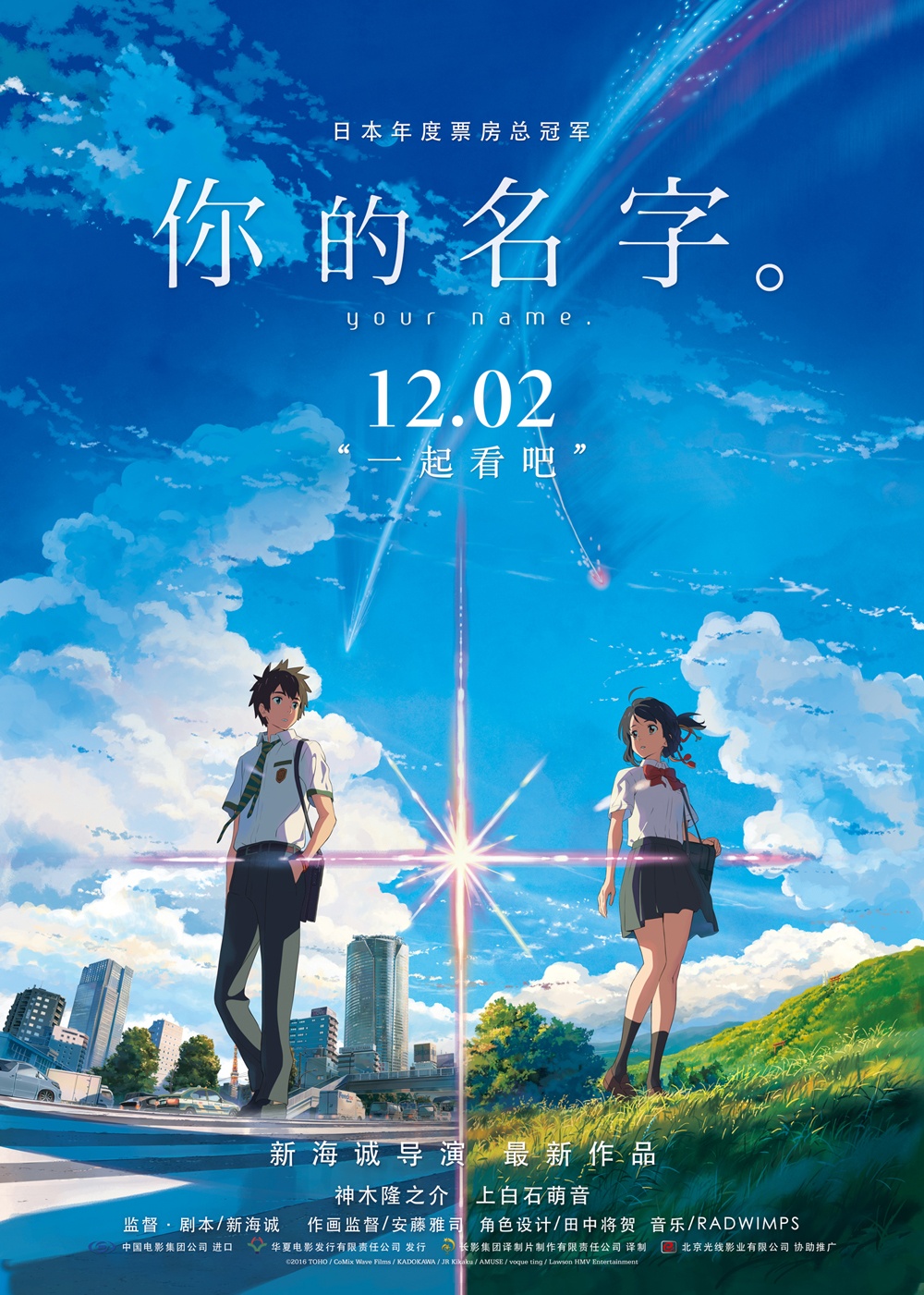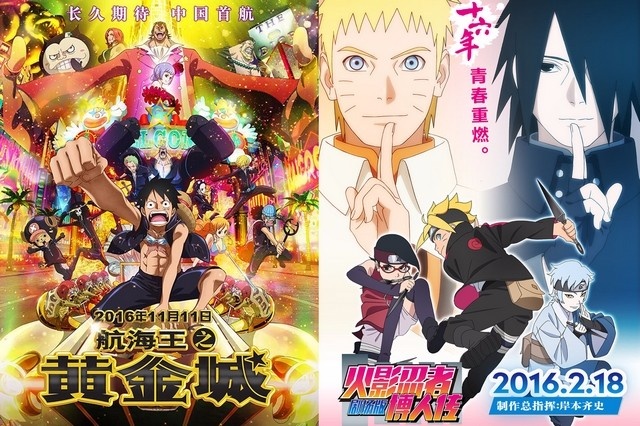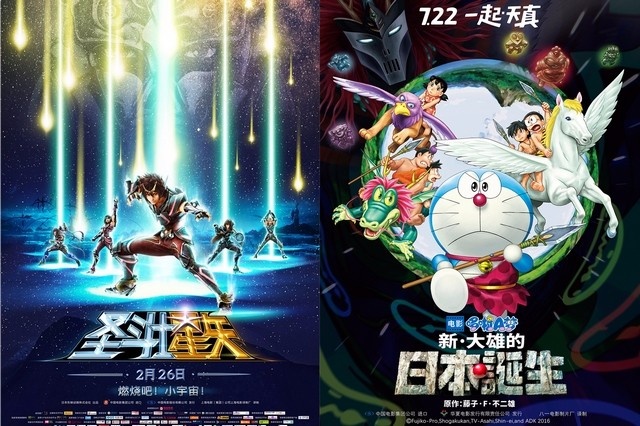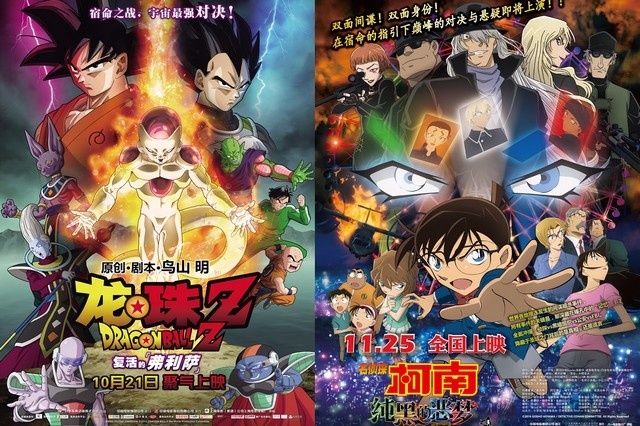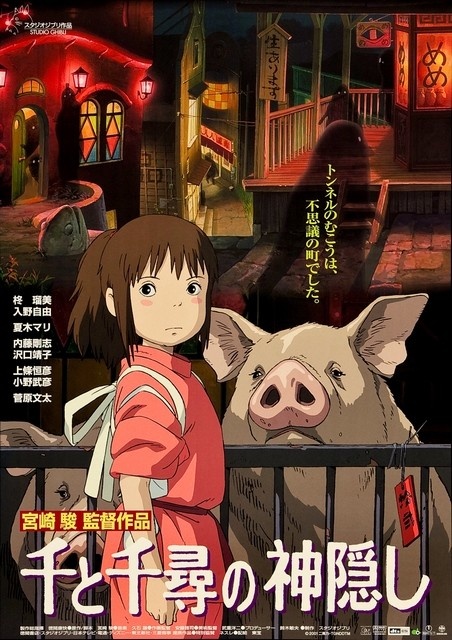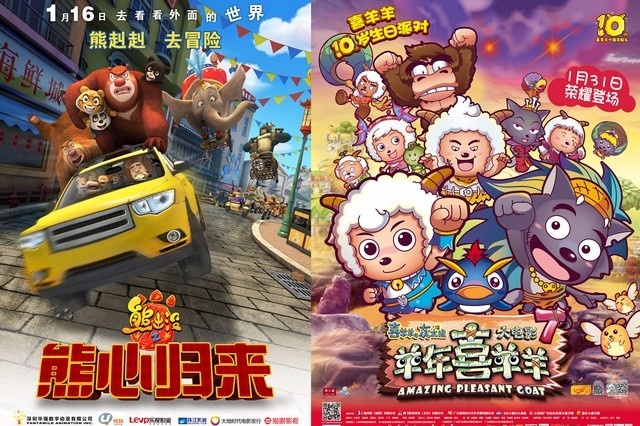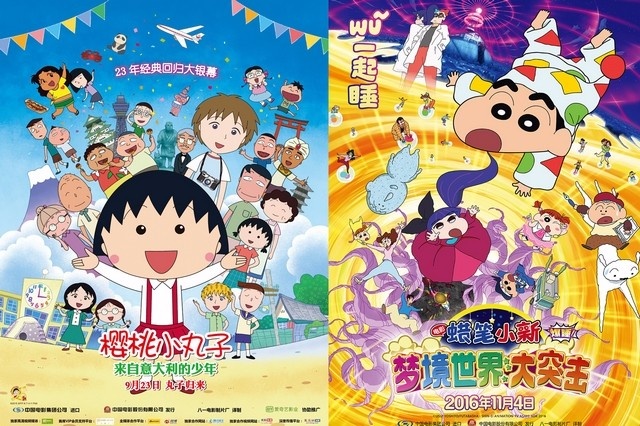[Sun Wei, a special correspondent of Global Times in the UK] I once thought that the British way of doing things was correct. Later, in a completely different civilized society, all my beliefs were challenged;
When a civilization begins, you will find that it is like a seed, which gradually grows into a big tree. If you want to know about the current China tree or the current English tree, you should trace back to the seeds of this civilization.
Huntington’s book is the Bible to some American officials … … He said at the end of the book that China should be stopped from catching up with us. But even then, he said it was too late.
Civilization, this is a word and topic that has attracted much attention recently. Not long ago, Skinner, director of the State Council policy planning in the United States, regarded US-China relations as a "contest of civilizations", which was criticized by all circles as soon as it came out. In sharp contrast, in the middle and late May, the Conference on Dialogue among Asian Civilizations was held in Beijing, highlighting China’s emphasis on promoting exchanges and mutual learning among civilizations. How should we treat the different civilizations that exist in the world today? Global Times reporter recently interviewed British scholar allen mcfarlane. MacFarlane is a famous anthropologist, historian, member of the British National Academy and lifelong member of King’s College, Cambridge University. He focuses on the comparative study of the origins and characteristics of the modern world. His latest work focuses on this field: China, Japan, Europe and the Anglo-World: A Comparative Analysis.
Contrary to Huntington, I wrote "the harmony of civilization"
Global Times: Can you briefly introduce your original intention and content of writing this book?
McfarlaneMany works in academic circles are actually about the author’s experiences in life. I was born in India and returned to England as a young boy. Through the education of my school and family, I learned how to become an Englishman. I used to think that the British way of doing things was the right one. During my university and doctoral research, I studied history, trained as a historian, and later became an anthropologist. While doing research in Nepal, I discovered a completely different civilized society, which challenged all my beliefs. About 15 years later, I was invited to give lectures in Japan and experienced another cultural shock. Fifteen years later, I began to visit China every year, and of course I experienced a cultural shock. So, I have personally experienced three or four different civilizations.
Living in Britain, I have always known that British and European civilizations are different. Britain and the United States are a kind of civilization, which we call the Anglo-cultural circle. We are very different from European countries in religion, culture, family and education system, which is the deep-seated reason why many British people want to leave the European Union.
After these experiences, I wonder if we should write a book to compare them, and it should be concise enough for ordinary people in different civilizations to understand, so as to help everyone understand each other better. I wrote this book as a conscious attempt. Contrary to Huntington’s Clash of Civilizations, my book is about the harmony of civilizations.
Global Times: You introduced China to western readers in your book. Why do you think you should introduce China?
Mcfarlane: Because China is too important. China is on the road to becoming the most powerful country in the world, and it has been the most powerful country for most of its history. It is very important for westerners to understand this great civilization. Westerners should understand China from the perspectives of history, culture, business and education.
To understand a civilization, it often takes four or five keys to decrypt it. In On Democracy in America, the French comparative sociologist Tocqueville compared the United States with Britain, and at the same time compared it with France in his mind, and discussed it from the perspective of civilization. When a civilization begins, you will find that it is like a seed, which gradually grows into a big tree. If you want to know about the present China tree or the present English tree, you should trace back to the seeds of this civilization.
To some extent, China’s seeds were sown during the reign of Qin Shihuang in 221 BC. Qin Shihuang not only unified China militarily and politically, but also established a new form of rule that never existed in any civilization, which is what we call centralized bureaucracy. The ruling class is not only soldiers or feudal lords, but also mostly educated civil servants. This form of government has undergone various invasions and changes, but it has not fundamentally changed. Therefore, China is the only civilization ruled by intellectual elite groups on earth.
Historically, the British system was largely inherited by the upper class and managed by the middle class, while France was managed by the army and the church, while India was a caste system. China has a completely different political structure, which affects all aspects of its social life, including the education system. The education system is the foundation of China’s social progress, which has historically influenced China’s economic system. "Everything is inferior, only reading is high", and the groups in Chinese can even be divided according to scholars and non-scholars. Since then, the development track of China has been very different from other world civilizations. The imperial system was delegated from the top down, and it still affects China in many ways.
Another key to understanding China is that China has a completely different religious system. Western society is based on Christianity, Islam and Judaism. These are monotheistic religions, and one god controls everything. There are many religions in China, but there are none. China has Confucianism, Taoism, Buddhism and ancestor worship. All rituals and beliefs are mixed and tolerant. The first time I saw and understood this mixed and tolerant belief model was in a remote Himalayan village, where I was surprised as a person from a traditional Christian country. I saw them worship their ancestors at home first, then go out to do Hindu ceremonies, and then worship Buddha. There is no problem for them.
China is very tolerant in religion, so he has never preached like the West. Although there are Confucius Institutes now, the China government does not want the world to be a world of Confucianism or Buddhism, and China is not interested in it. We live in a monotheistic world, while Chinese lives in a mixture of beliefs. These are the two keys to explain.
"I want to record the biggest change in the world today."
Global Times: Speaking of civilization, an official in the State Council recently caused great controversy about the "clash of civilizations" between China and the United States. What do you think?
McfarlaneI think this is absolutely stupid and very dangerous. Huntington’s book is the Bible for some American officials, and even many policies of US President Trump, such as building walls and increasing tariffs, are indirectly derived from it. Huntington said at the end of the book in 1997 that China is a great threat and should be stopped from catching up with us. But even then, he said there was no hope, it was too late. So he suggested finding people who want to destroy China, dissident groups around the world, or people who want to overthrow the government in China, and giving them assistance and money.
The United States must accept the fact that it will not be the most powerful economy in 10 or 20 years. It doesn’t matter, because the world today is not divided into nation-states in the old way, but a globalized world. The basic principle of Adam Smith’s economics is that trade and cooperation are win-win. Trump started out in real estate, and he doesn’t know anything about economics. He thinks this is a confrontational battle. In fact, Adam Smith said that you should deal with people, because they are good for you, so you work together. This is the foundation of his philosophy — — Collaboration and cooperation. This is the road to glory.
Global Times: You first went to China in 1996, and have been there every year since 2002. What do you think of the changes in China? You have written The Birth of the Modern World. Will you write a book about China’s modernization?
McfarlaneI am writing a book about China. In the past 20 years, I had the honor to go to China with my doctoral students and friends and experienced this extraordinary reform. I have been to villages, towns and friends’ homes in China. I give lectures in many universities and ask any questions I like, so I can go deep into China society.
Of course, every year when we go to China, we feel a different China. A friend said that if you leave Beijing for a few months, you will come back to a different Beijing. The speed of this change is amazing. From 1996 to 2002, great changes have taken place in China, and then its development speed and changes are getting faster and faster, even exponential.
I have recorded the changes in China by means of videos, photos, diaries, dialogues, etc. In the future, I want to write a multimedia book, which contains both words and videos. I want to record the biggest changes in the world today. I am a historian and have studied the history of world development such as the industrial revolution in Britain. I don’t think anything that happened on earth in recent years is as big as what happened in China in the past 20 years in terms of its physical effect and other influences, which will change the whole future.
Global Times: It is popular among some Americans that the United States has given China modernization. Last year, an American leader publicly said that "we rebuilt China in the past 25 years". How much role does the United States play in China’s development achievements?
McfarlaneWhen we went to Beijing in 1996, there was no American imprint. The car was German Volkswagen and many imported products came from other countries. The British cooperated with China long before the establishment of diplomatic relations between the United States and China. People still remember the Marshall Plan of the United States to rebuild Europe, so many people may think that the United States has helped China rebuild, but in fact it may only be 10% or 20% (thanks to it). The logic of America is that since they rebuilt it, they have the right to destroy it.
Britain and China can create a "cultural rainbow" between the East and the West.
Global Times: What do you think of the U.S. crackdown on Huawei, a China enterprise?
McfarlaneI have friends who work for Huawei. They say that Huawei does have some shortcomings, but it is not more than any other technology company. Many American software companies have the same problems. Trump said that Huawei poses a security threat, but he has never produced conclusive evidence. His later remarks also said that the Huawei issue can be part of a trade agreement. Obviously, this is entirely for political purposes.
What I want to emphasize is that the China government must be very cautious in taking a stand, because whatever you do or say will be misinterpreted in the worst way. This means that when you make practical policies, you must keep a low profile. This is what Deng Xiaoping is very good at. He didn’t say that we want to be the number one economic power. He said that we just want people in this place to be happier and richer.
Global Times: Will the Huawei incident and the trade war between China and the United States have an impact on Sino-British relations?
McfarlaneDue to Brexit, Britain is now in a very weak position on many issues. At the same time, President Trump is changing his mind every day. If the British government is wise, it will find a way to satisfy both China and the United States. Huawei has some great technologies that we need, but we need to ensure that it does not enter sensitive areas. We need to control these parts. Of course, this is very difficult. If you can convince people to build a firewall in the middle, and ensure that we can cooperate well with China on the one hand, without involving the core security issues, then this will be a solution.
Global Times: What role does Britain play in the Belt and Road Initiative? Italy has announced its accession. Will Britain be the next G7 country to join?
Mcfarlane: I hope Britain can join. Everyone knows that we are the first (western) country to join the AIIB. But I suspect that for some political reasons, it may be difficult for us to formally announce our participation in the "Belt and Road Initiative". In other words, I guess Britain will agree to some cooperation, but it will not say that we are members of the "Belt and Road Initiative". As a matter of fact, the train that started in China has already traveled from countries along the Belt and Road to Britain.
When my friend from China asks this question, I always suggest that Britain and China should pay more attention to cultural exchanges and create a cultural rainbow between China and the West. Different colors represent different aspects, such as music, art, literature, philosophy and education. China has an ancient culture and civilization, and attaches as much importance to gardens, poetry and literature as Britain. There are many things we can exchange and share.
The leaders of China and Britain signed an agreement on cultural exchanges between the two countries. China can expand it to all other cultural bodies, including Europe and Africa, and bring back valuable things from Africa and Europe. In such a cultural "Belt and Road" or cultural rainbow, there is much to be done. Therefore, the friendship and cultural exchanges between Britain and China have a bright future, and economic and technological exchanges will naturally follow.




